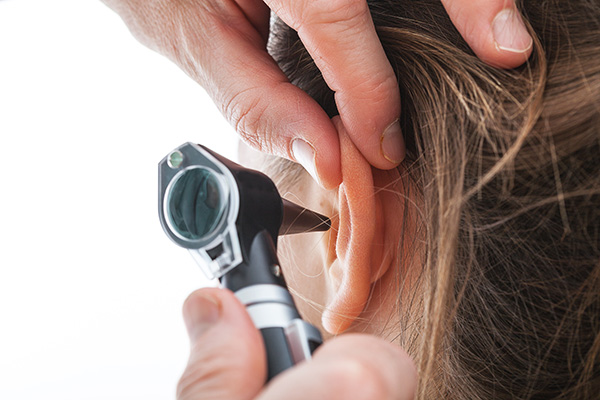
5 Ways to Prepare for a Hearing Test
Hearing tests are crucial in determining your current hearing health. Hearing loss can have serious ramifications on your life, and if it remains untreated, can cause social isolation, cognitive decline and negatively impact relationships. However, before you go in to the audiologist’s office for a hearing test, you should do some preparing. Here are some things you can do to prepare for a hearing test.
1. Select the right audiologist
Make sure to find an audiologist that is convenient for your daily life. Select an audiologist that is located near your work, home or school, in addition to one with office hours that fit into your schedule. If you need after-hour appointments, consider selecting an audiologist that offers evening or weekend scheduling.
2. Try to avoid getting sick before you go in
If you are sick with a cold or a flu, then this can potentially skew the results of your hearing test. This is because these sorts of illnesses can cause mucous buildups in your middle ear. So try to avoid running around in cold weather after you take a shower before you have your test!
3. Avoid loud noises beforehand
Exposure to loud noises can temporarily reduce the quality of your hearing. Many people do not know this. This reduction usually only lasts for about 16 hours. However, it can throw off the results of your hearing tests. So try to avoid going to a rock concert the night before you go in for a hearing test.
4. Bring a friend or family member
If you’ve never visited an audiologist before, you may be feeling a bit hesitant about your upcoming appointment. Ask a friend or family member to go with you to help ease your nerves. Additionally, bringing a friend or family member will help serve as an extra set of ears for any important information you may get, while they can also provide any insight on hearing loss symptoms they may have noticed.
5. Bring a pen and paper
If you cannot bring a friend or family member, have a paper and pen handy to take down any important information. After the results of your test are read to you, you may want to write them down, as well as any relevant information your audiologist gives you. If you suspect you may have hearing loss, schedule an appointment with an audiologist in your area. They will be able to evaluate your hearing ability, provide a diagnosis and recommend any treatment you may require.

